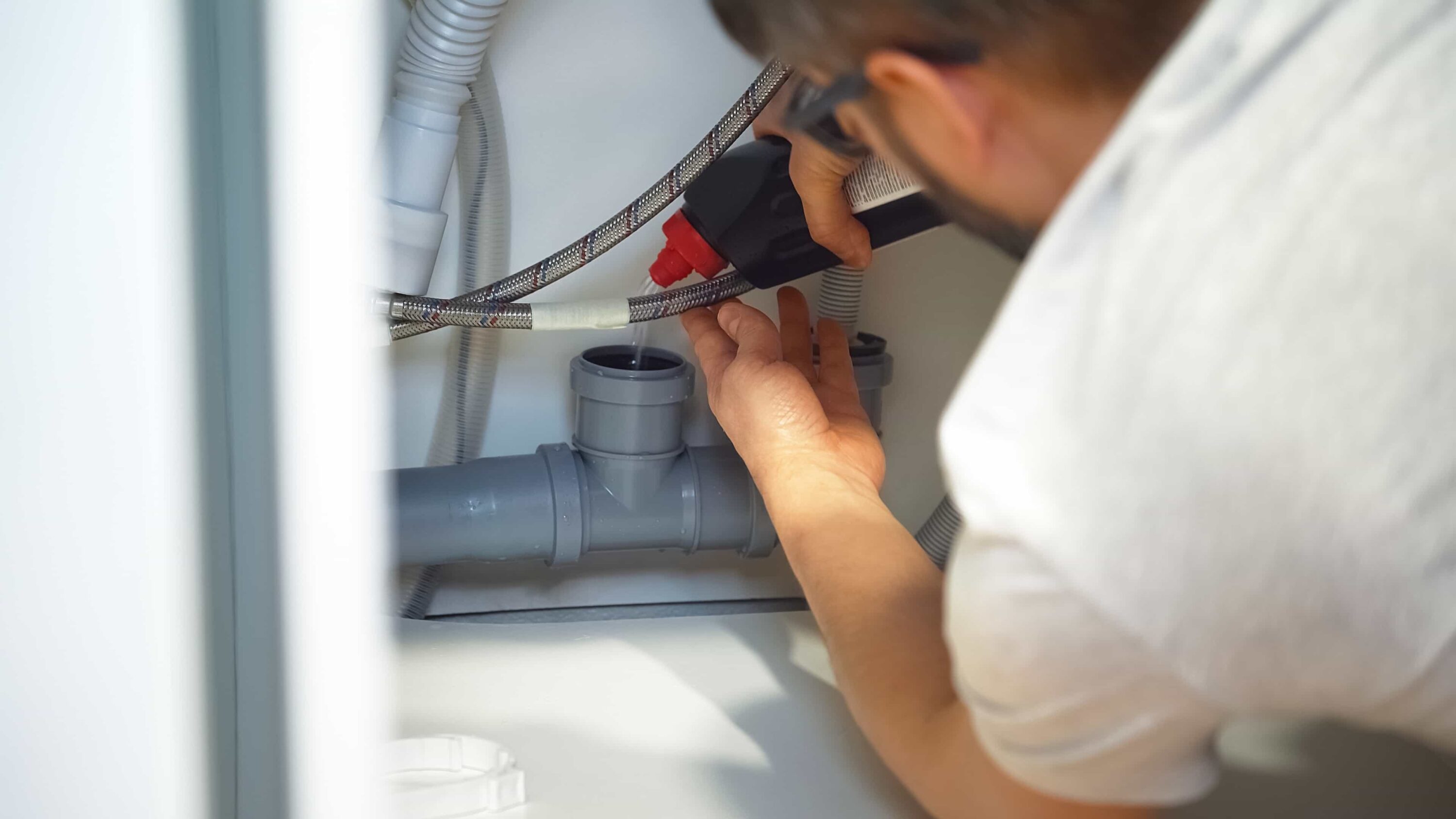Although the upfront investment is higher, tankless systems are energy-efficient and often pay for themselves over time through lower utility bills and fewer repairs.
Frequently Asked Questions (FAQs)

Is a tankless water heater worth the cost?
What are the benefits of a tankless water heater?
Key advantages include:
- Endless hot water
- Lower energy bills
- Longer lifespan (up to 20+ years)
- Compact design that saves space
- Reduced risk of leaks or flooding
How does a tankless water heater work?
A tankless water heater heats water on demand as it flows through the unit—no storage tank needed. This means you get hot water instantly and continuously, without waiting for a tank to refill.
I am running out of hot water. What are my options?
Many plumbers will jump right to the tankless water heater for endless hot water, which is a good option. However, there are other options which may be suitable, such as:
- Adding a tank
- Increasing the size of your tank
- Adding a tank booster to an existing water heater
Each option has its good points and drawbacks. Discuss your options with your plumber before moving forward.
How can I get hot water quicker?
The most traditional way to get hot water quicker is a recirculation pump with its own dedicated recirculation line. If a recirculation line doesn’t exist, there are inexpensive ways to stop wasting water and reduce the wait time for hot water using a special pump with your existing hot and cold pipes and water heater.
When should I replace my water heater?
It is strongly recommended that water heaters located in finished spaces be replaced at the low end of their life expectancy before they leak and cause damage. In most cases, replacing your water heater as part of a planned upgrade, rather than waiting until it fails, can lead to significant cost savings. You’ll have time to compare models, choose energy-efficient options, and avoid emergency service fees or rushed decisions.
How long should a water heater last?
A water heater’s life expectancy depends on several factors: The quality of installation, application, tank material, frequency of use, water quality, and care and maintenance. Generally, water heaters last 8 to 12 years, with the average being around 10 years.
How do I light the pilot on a water heater?
Most water heaters have instructions on the side of the tank to light the pilot for the burner assembly. Due to the slight variations between the make and model of different water heaters, the best thing to do is to follow those specific step-by-step instructions. Here are some additional tips on lighting a pilot on a water heater:
- Always use extreme caution
Working with gas or propane can be dangerous. If you're unsure or uncomfortable at any point, contact a qualified professional for assistance or instruction. Our number is 206-752-5115. Call today for quick service.
- Never light the main burner assembly
Lighting instructions apply only to the pilot assembly—never attempt to ignite the main burner manually.
- Do not open a sealed combustion chamber
You should never need to access a sealed combustion chamber to light the pilot.
- Automatic pilot systems should not be manually lit
If your water heater plugs into an outlet, it likely has an automatic pilot assembly. Do not attempt to light it manually. If it fails to ignite on its own, it requires professional diagnostics.
- Manual pilot lighting instructions must be followed carefully
When manually lighting the pilot burner assembly, hold the control valve open for a full 30 seconds. This allows the pilot to stay lit. If the flame doesn’t stay on, call a service technician.
- Call a professional if the pilot light won’t stay lit
Repeated issues with the pilot staying lit signal a need for professional repair.
How do I shut off my water heater?
The water shut off to most water heaters is on the cold inlet supplying water to the tank. A typical residential water heater will have the cold inlet going into the top of the tank on the right side. Follow that pipe to the valve to turn it to the off position. It is best to also turn off the gas and/or power to the water heater as well.
In an emergency, you can also call your local utility or fire department to come and shut your water off. You should also be aware that shutting off the supply to the water heater will not prevent residual water from leaking, or cross over from a recirculating system, or the use of single-handle faucets. You can call our office for 24/7 emergency service.
What kind of water heater do I have?
Manufacturers will note the details of your water heater on their label, also known as the name plate or rating plate. You can always go to the manufacturer’s website to look up the model number to determine the exact water heater you have. Typically, the type of gas or propane water heater you have can be determined by looking at the vent. Here are some key indicators:
- A metal vent that terminates through the roof is a Standard Vent Water Heater
- A metal vent that terminates directly out of the side wall is a Direct Vent Water Heater
- Plastic vents are generally a Power Vent Water Heater
What size is my water heater?
Water heaters are generally measured in gallons, and by how much energy is used to heat the water heater. For gas or propane, the energy is measured in British Thermal Units (BTUs). For electric water heaters, it is measured in kilowatts (kW). Water heater manufacturers will note the capacity of the tank on their label, sometimes referred to as the name plate or rating plate.
How do I measure my water heater?
A water heater’s physical size is measured by height and width. The height is from the surface of the tank to the top of the tank. The width is the diameter of the tank, and the measurement is across the tank from one side to the other.
Check Out Our Special Offers
OFFER GOOD ONLY IN OUR SERVICE AREA
*Not valid with any other offer. Some restrictions may apply. Limit one coupon per household.
Do it Right-Call Day & Nite 425-224-6452
OFFER GOOD ONLY IN OUR SERVICE AREA
*Not valid with any other offer. Some restrictions may apply. Limit one coupon per household.
Do it Right-Call Day & Nite 425-224-6452
OFFER GOOD ONLY IN OUR SERVICE AREA
*Not valid with any other offer. Some restrictions may apply. Limit one coupon per household.
Do it Right-Call Day & Nite 425-224-6452
